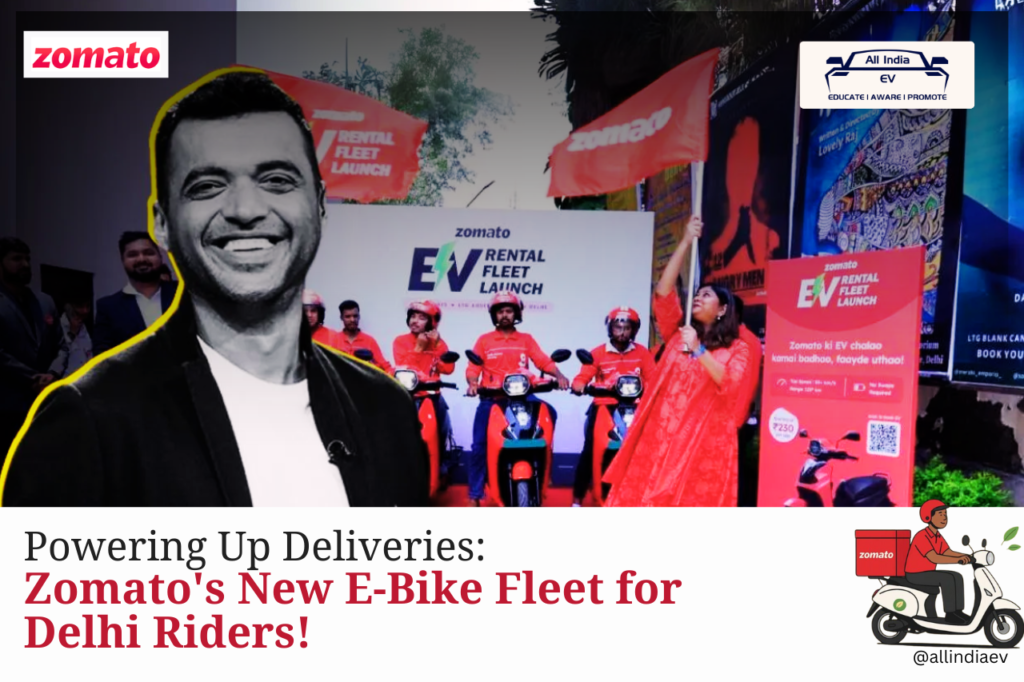
Zomato’s New E-Bike Rental Fleet in Delhi to Help Delivery Partners Shift from Petrol to Electric Vehicles for Greener Operations
Marking World Environment Day with a significant green push, food delivery giant Zomato has launched a fleet of 300 electric bikes on a rental model for its delivery partners in Delhi. The move signals the company’s growing commitment to decarbonizing last-mile logistics and promoting electric mobility in the gig economy.
The initiative was inaugurated by Delhi Police Special Commissioner Ajay Chaudhary, underlining institutional support for cleaner urban transport. Delivery workers can now rent electric two-wheelers as an affordable, eco-friendly alternative to petrol bikes.
Towards 100% EV Deliveries by 2030
This pilot programme is part of Zomato’s broader sustainability roadmap, which includes a target of achieving 100% EV-based deliveries by 2030 and reaching net-zero emissions by 2033. As of March 2025, the company had over 37,000 active EV delivery partners, collectively helping avoid nearly 4,900 tonnes of CO₂-equivalent emissions in FY 2024–25.
“Our rental model not only reduces running costs for our partners but ensures that the vehicles are optimized for food delivery operations,” said Anjalli Ravi Kumar, Zomato’s Chief Sustainability Officer.
Empowering Delivery Partners with Cost-Effective Mobility
The e-bike rental programme directly addresses a common challenge faced by gig workers: high upfront costs of vehicle ownership. By offering flexible rentals, Zomato aims to enhance income stability, cut fuel expenses, and lower the carbon footprint of its logistics network.
The company plans to monitor the pilot closely and scale the initiative based on adoption rates in Delhi-NCR. This aligns with the Delhi government’s EV vision, which seeks to accelerate two-wheeler electrification as a key lever of urban decarbonization.
EV Expansion Through Private Sector Innovation
Zomato’s initiative reflects a growing trend of private sector players actively participating in India’s green mobility transition. By integrating electric vehicles into high-frequency delivery operations, companies like Zomato are de-risking EV adoption while providing scalable models for other urban logistics platforms.The company’s sustainability framework also includes climate-conscious packaging, waste reduction initiatives, and a focus on inclusive, green growth for its partner ecosystem.


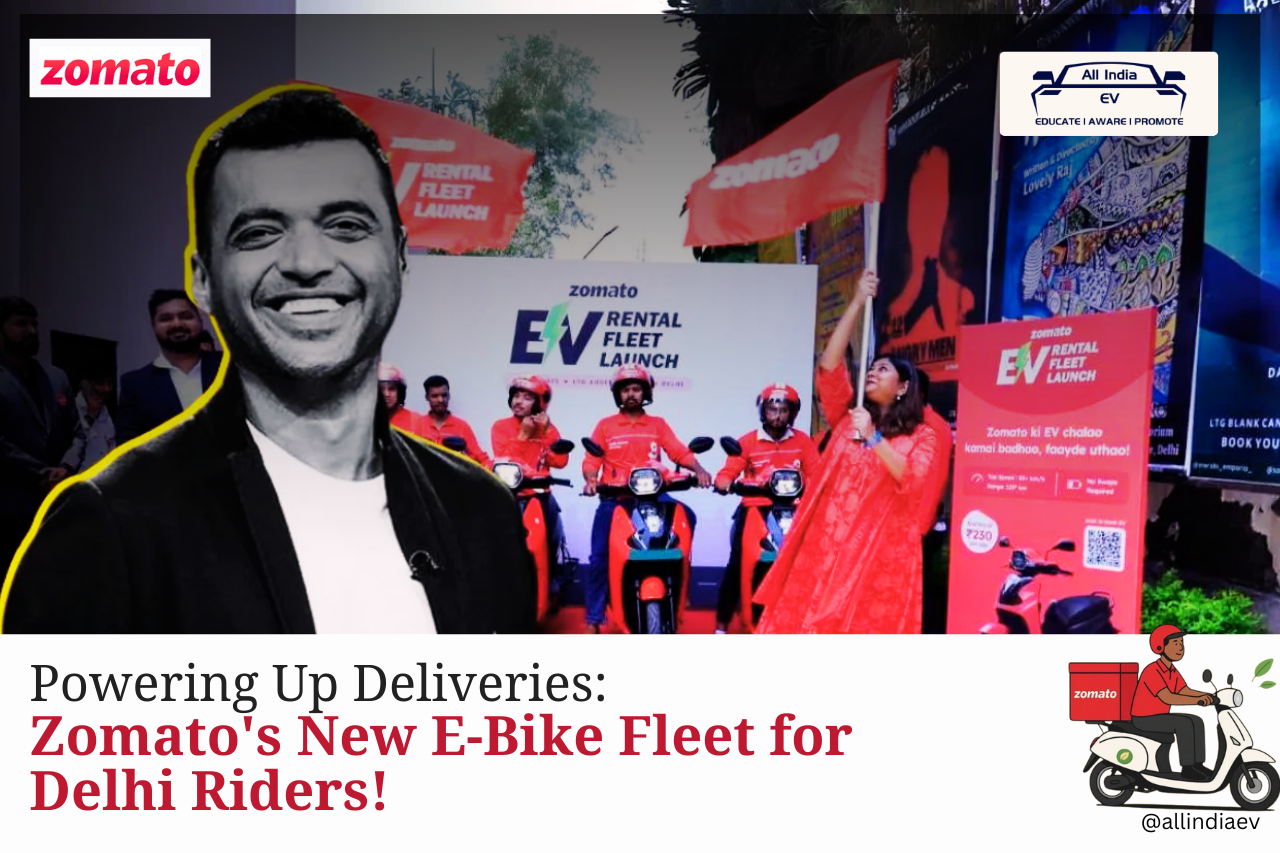

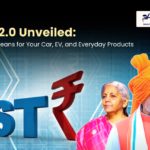

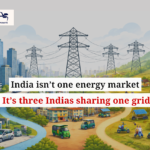
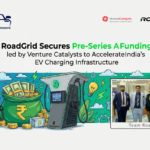
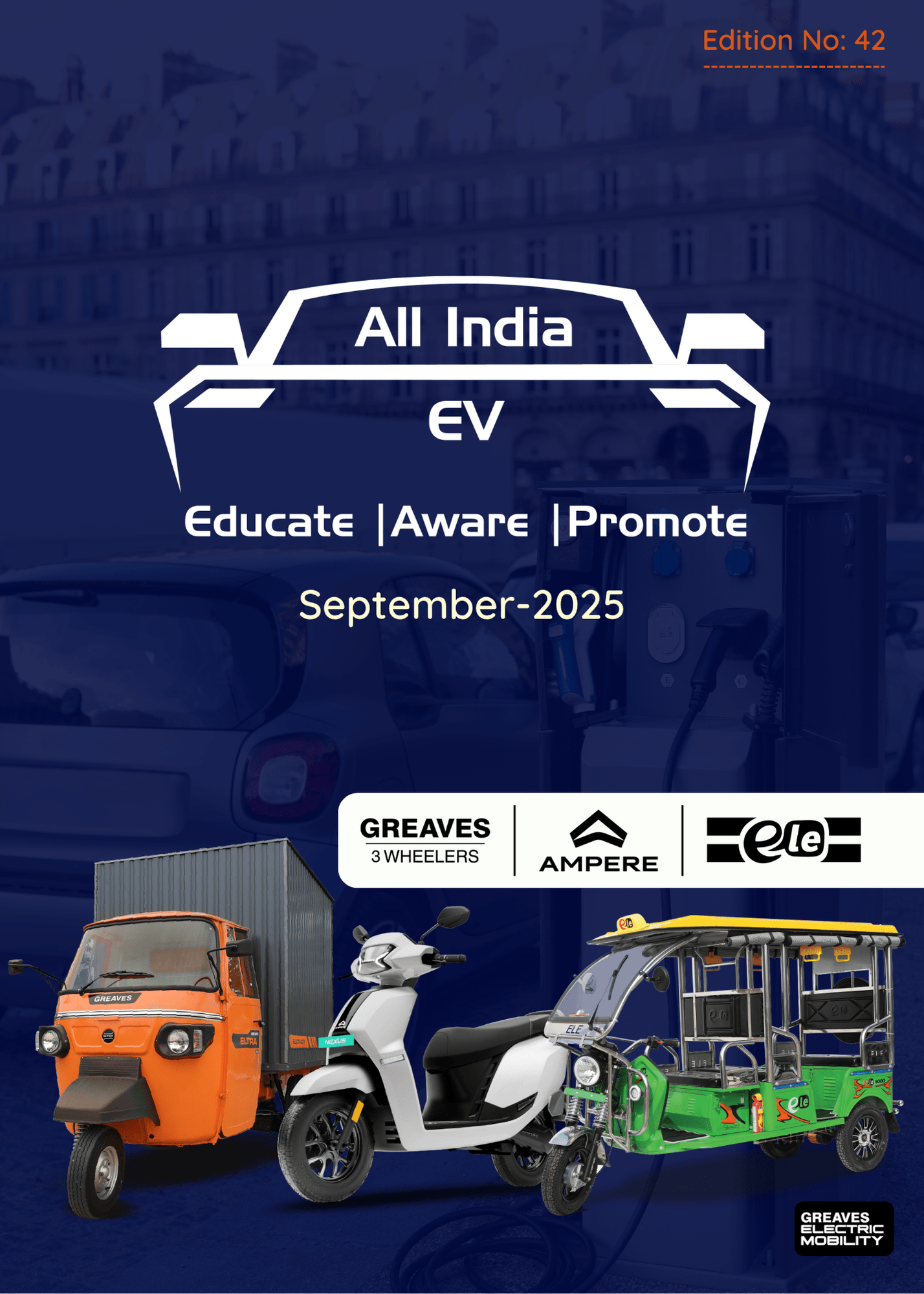


New zomato ev the best battery life and speed 👌 and looking stylish